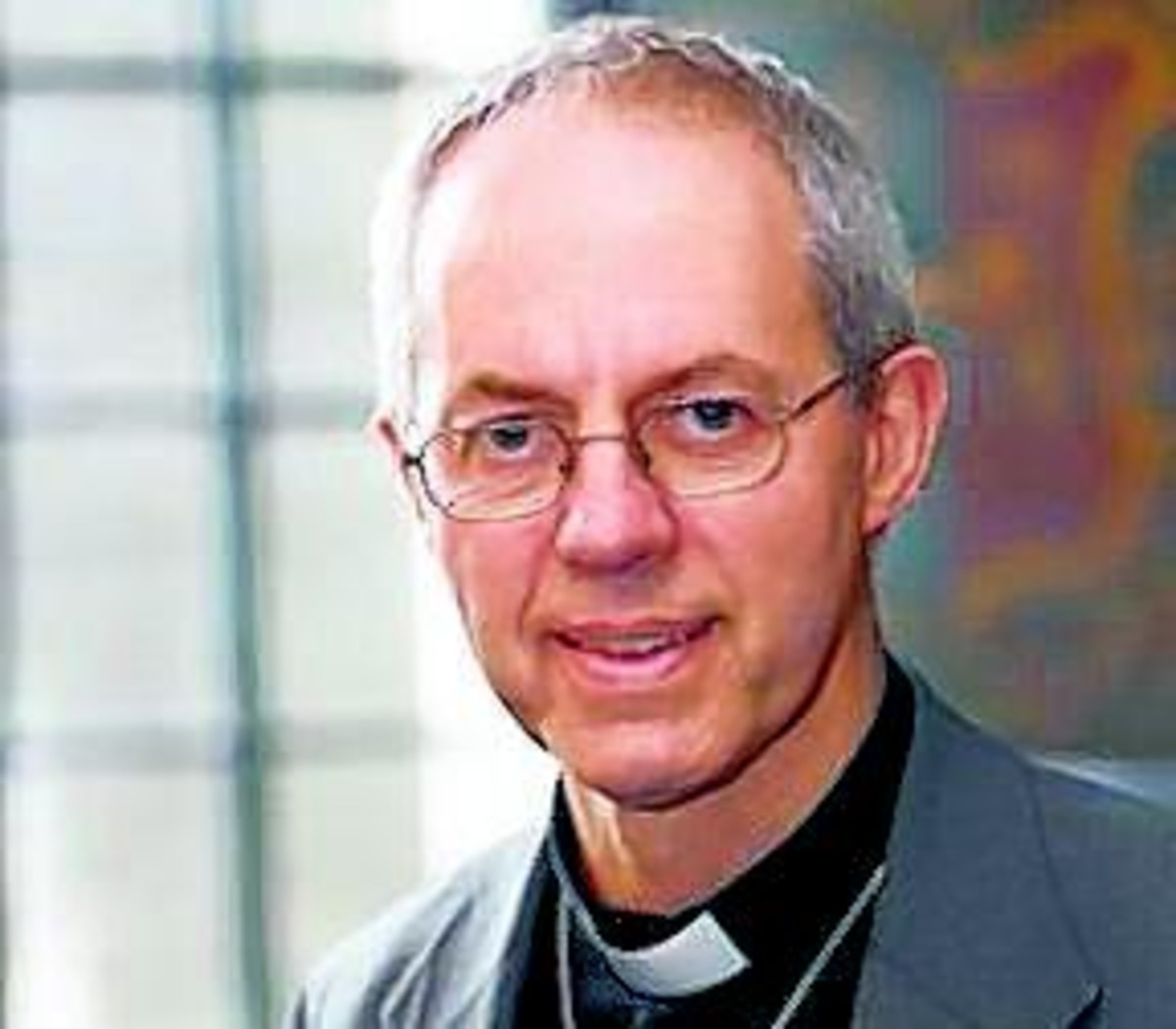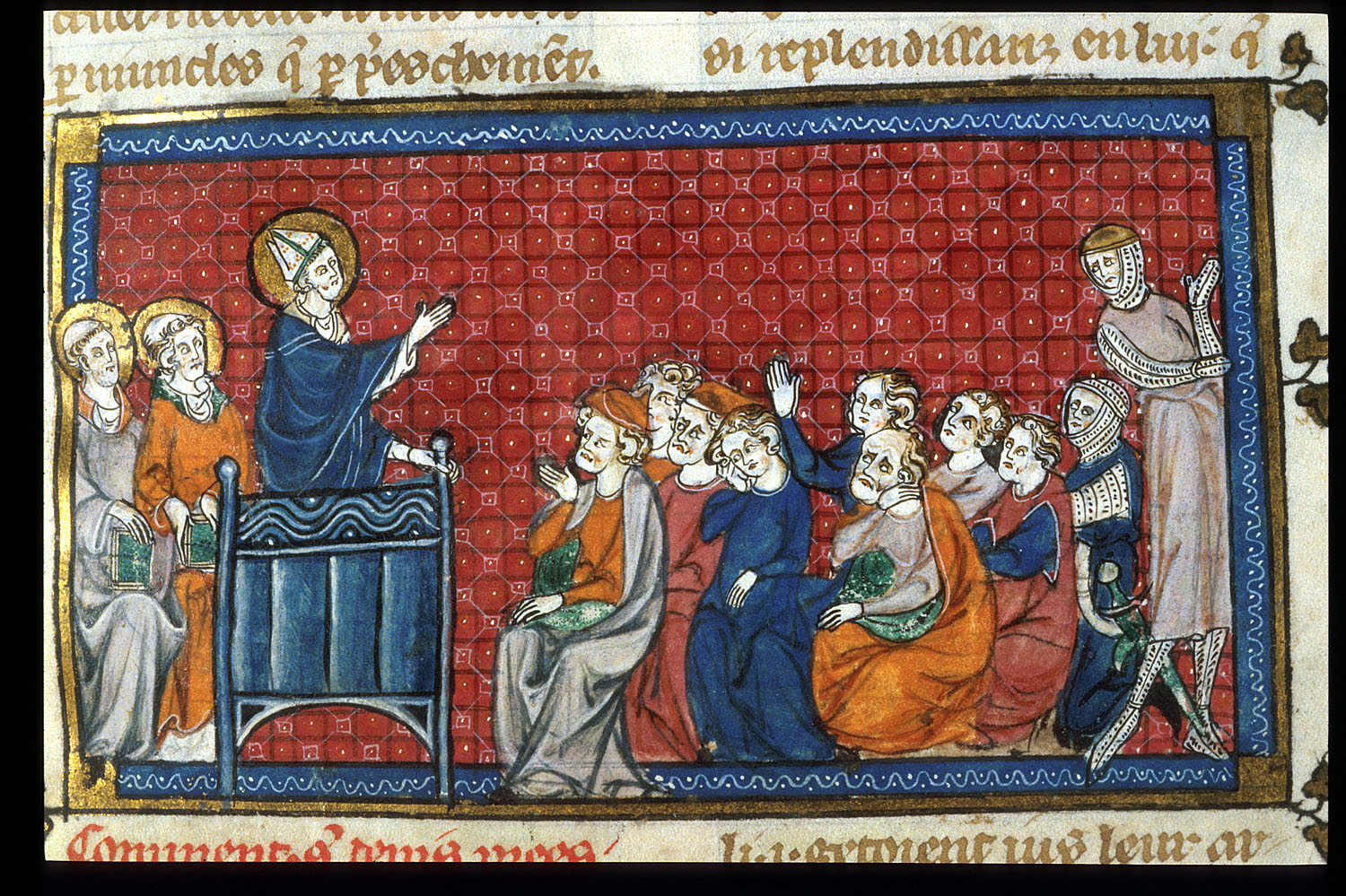The Bishop: An Unyielding Institution in the Face of an Evolving Church
In the annals of Christianity, the bishop has long been a revered figure, embodying the essence of spiritual authority and leadership. From the earliest days of the Church, bishops have played a pivotal role in shaping its doctrine, policies, and practices. As the global landscape continues to evolve, the bishop's role is being reevaluated, sparking debates about their power, influence, and the future of the Church.
The concept of the bishop has its roots in the New Testament, where the apostles were entrusted with the responsibility of governing the Church (Acts 2:14-40). In the early centuries, the bishop of Rome, later known as the Pope, emerged as a dominant figure, exercising considerable influence over the Church. The bishops of other regions, such as Alexandria and Constantinople, also gained prominence, solidifying the episcopal structure of the Church.
Throughout history, bishops have been entrusted with various responsibilities, including the administration of sacraments, the interpretation of doctrine, and the governance of dioceses. In many Christian traditions, the bishop is seen as a symbol of the Church's unity and authority, representing the apostolic succession that connects them to the early Christian community.
However, the role of the bishop has not been without controversy. In the past, bishops have been criticized for their perceived excesses, such as the corrupt practices of the Roman Catholic Church during the Middle Ages. In more recent times, the Catholic Church's handling of clerical abuse scandals has led to widespread outrage and calls for reform.
Despite these challenges, the bishop remains a vital institution in the Church, providing spiritual guidance, pastoral care, and leadership. As the Church continues to evolve, the bishop's role will need to adapt to changing circumstances, embracing new challenges and opportunities.
The Power of the Bishop
Bishops possess a unique set of powers and responsibilities that set them apart from other Church leaders. These include:
• The authority to ordain and consecrate clergy
• The power to interpret Scripture and canon law
• The responsibility to govern the Church in their diocese
• The privilege of administering sacraments, including the Eucharist and baptism
In some Christian traditions, the bishop is also accorded a special role in the sacrament of confirmation, where they are believed to impart the Holy Spirit upon the candidate.
The Influence of the Bishop
The bishop's influence extends far beyond their immediate diocese, impacting the lives of millions of people around the world. Through their leadership, they:
• Shape the Church's doctrine and policies
• Inspire and guide the faithful
• Provide spiritual guidance and pastoral care
• Foster cooperation and unity among Christians
In addition, bishops often play a key role in ecumenical dialogue, working to promote understanding and cooperation between different Christian traditions.
The Bishop's Relationship with the Local Community
The bishop's relationship with the local community is multifaceted and far-reaching. They:
• Serve as spiritual leaders, offering guidance and support
• Provide pastoral care, including counseling and confession
• Engage in outreach and evangelism, sharing the Gospel with the wider community
• Foster relationships with other community organizations and leaders
Through their work in the local community, the bishop builds bridges of trust and understanding, helping to create a more just and compassionate society.
The Bishop's Role in Shaping Church Doctrine
Bishops play a crucial role in shaping the Church's doctrine and policies, influencing the development of theological thought and practice. They:
• Interpret Scripture and canon law
• Engage in theological debate and discussion
• Represent the Church's teaching on key issues, such as ecumenism and social justice
• Contribute to the formation of Church doctrine and policy
Through their work, bishops help to shape the Church's identity and purpose, ensuring that its teachings remain relevant and effective in the modern world.
The Future of the Bishop
As the Church continues to evolve, the bishop's role will need to adapt to changing circumstances. This may involve:
• Embracing new technologies and communication methods
• Developing more nuanced and inclusive approaches to doctrine and practice
• Fostering greater cooperation and collaboration between different Christian traditions
• Prioritizing the needs and concerns of local communities
By embracing these challenges, the bishop can ensure that their role remains vital and relevant, providing spiritual leadership and guidance to a world in need.
Conclusion
The bishop is an institution of great power and influence, shaping the Church's doctrine, policies, and practices. As the Church continues to evolve, the bishop's role will need to adapt to changing circumstances, embracing new challenges and opportunities. Through their leadership, they can inspire and guide the faithful, fostering a more just and compassionate society.
Honey Toon
Subhshree
Matthew Gray Gubler
Article Recommendations
- Hisashi Ouchi Real Hospital Po
- Whenid Piddyie
- Hisashi Real Pos
- Sabrina Carpenter Height In Feet
- Talia Ryder
- Cinemas
- Brandonavid Jackson
- Jessica Tarlov Husband
- Gaz Coombes Wife
- Helene Joy Net Worth 2024



